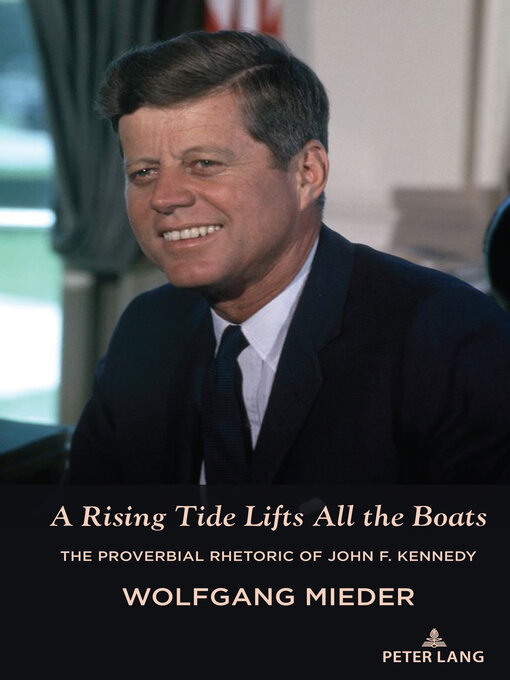The book is based on eight thousand pages of former President John F. Kennedy's printed communications, including his books, innumerable speeches, addresses, press conferences, debates, and letters. The first part is dedicated to detailed interpretations of the use, function, and meaning of the many proverbs, proverbial expressions, sententious remarks, and other formulaic language. Themes include: Kennedy's concern for appropriate language and elevated style; his visionary inaugural address, which was based to a large degree on formulaic language; his frequent employment of wisdom from the Old and New Testaments; his use of folk proverbs in the call for justice, freedom, and peace; his interest in animal metaphors to reflect human behavior; and his maritime expressions as indicators of life's ebb and flow. The second part of the book provides a comprehensive index of the many passages that include sententious and proverbial references, listed in their verbal contexts.
Overall this study shows that John F. Kennedy was indeed a highly gifted communicator on the national and international stage, whose effective political discourse was informed to a considerable degree by proverbial language. The title proverb of this book – "A rising tide lifts all the boats" – was one of his favorites, and might well serve as a fitting symbol of his uplifting optimism in his struggle for freedom and peace throughout the world.


